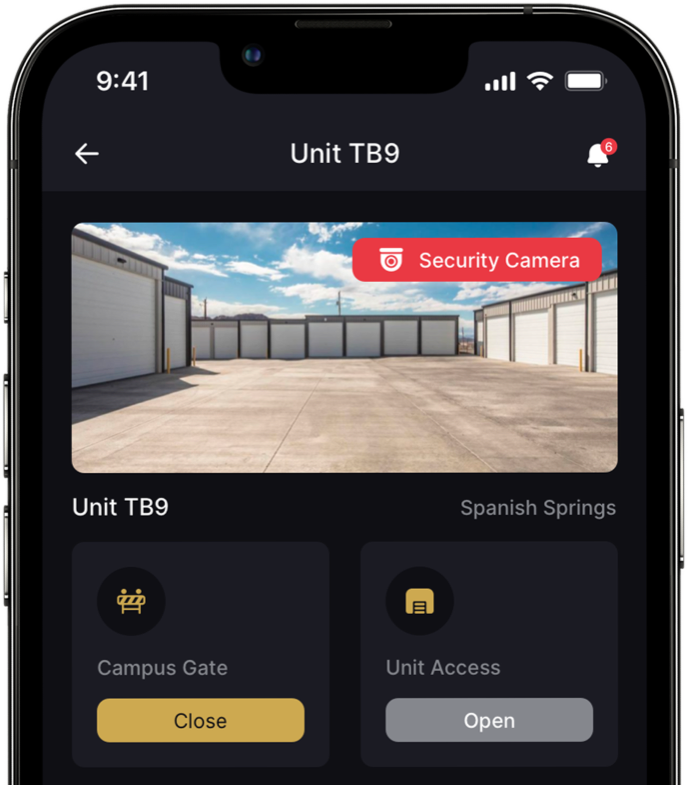Mobile Apps Coming Soon
Features will include:Remote unit gate access Buy and rent units through your device Manage guest vendor access Manage multiple units through one device
It is a long established fact that a reader will be distracted by the readable content of a page when looking at its layout.
Download on the
App Store
GET IT ON
Google Play

